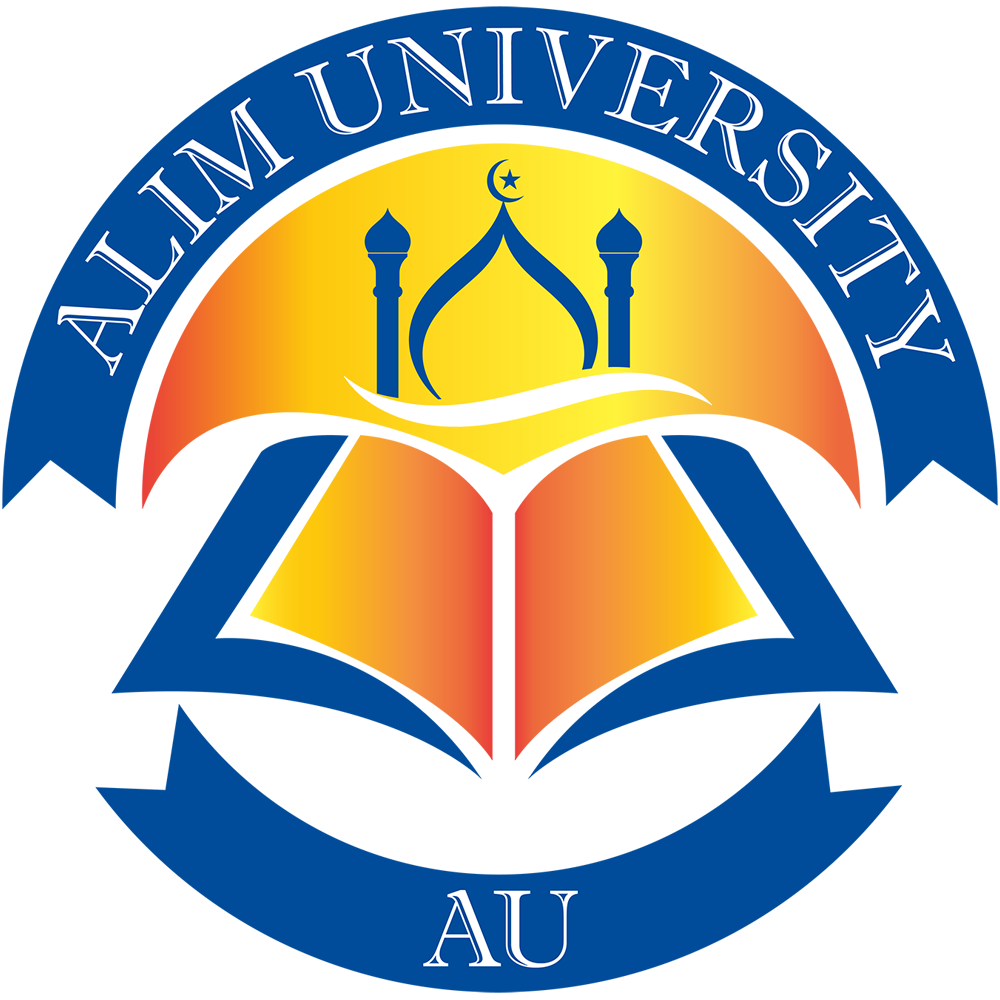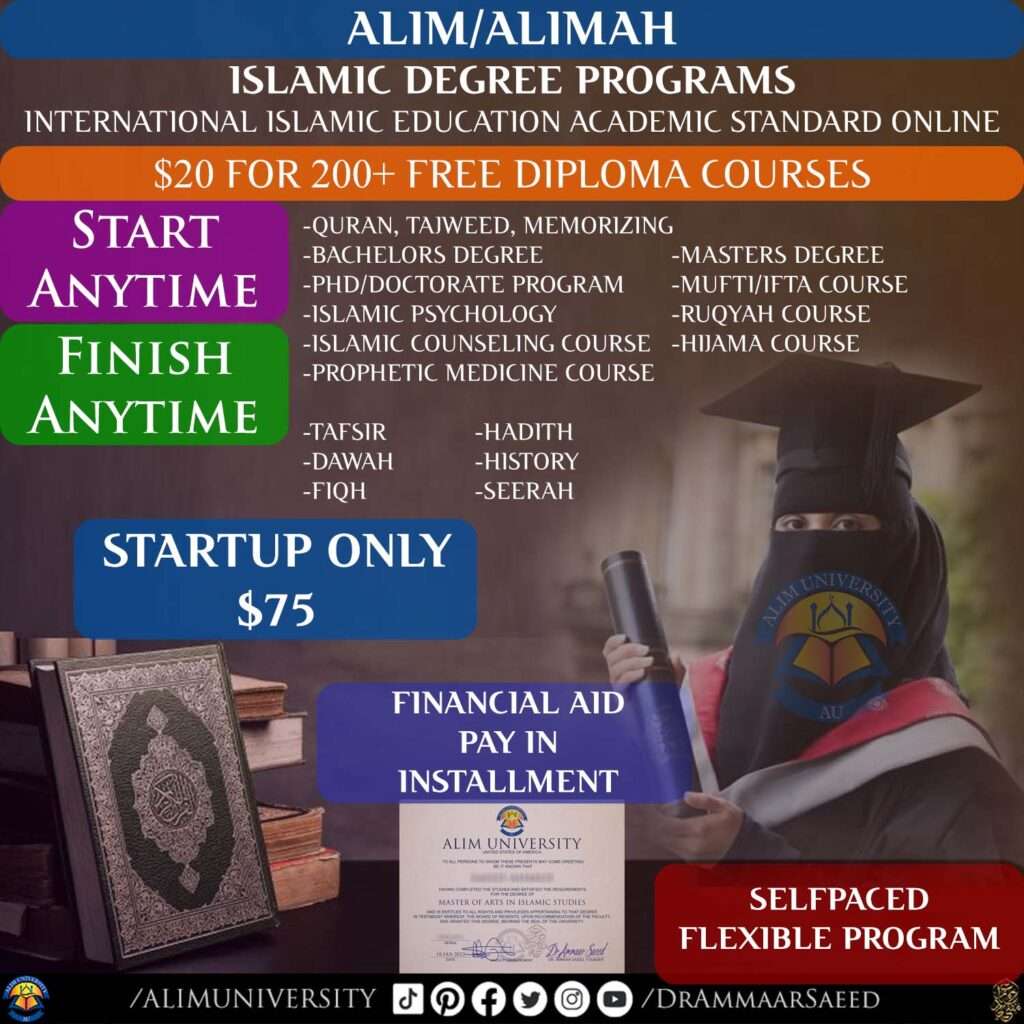Alimah Course is one of our Quran Online Course specifically designed for women who seek a deeper understanding of Islamic studies with an emphasis on both religious scholarship and community leadership. The course focuses on empowering women to serve as scholars, educators, and leaders within their communities, often with a focus on issues that directly affect women. It is typically offered by Islamic institutions, seminaries, and educational programs that cater to women’s religious education.
Online Alimah Course Overview
Alimah Course Online is a comprehensive program that spans several years, often ranging from 2 to 4 years, depending on the institution. It is intended for women who wish to gain a profound knowledge of Islamic jurisprudence, theology, Qur’anic studies, and the sciences of hadith, alongside practical leadership skills. The course structure aims to equip women with the knowledge necessary to teach, offer religious counseling, give khutbahs (sermons), and serve as role models within their communities.
Alimah Course Objectives
- To offer an in-depth and practical understanding of the Quran, hadith, Islamic law, and other classical Islamic sciences from a woman’s perspective.
- To train women to become scholars and leaders who can guide communities, especially in areas of education, counseling, and spiritual leadership.
- To provide a platform for women to engage with contemporary issues while maintaining strong adherence to Islamic principles.
- To cultivate the ability to communicate Islamic teachings effectively, especially in women’s circles or in family settings.
Key Areas of Alimah Study
1. Quranic Studies (Tafseer)
Students will study the Quran and its interpretation (Tafseer), understanding its meanings in their historical and contemporary contexts. The course focuses on themes like spirituality, morality, family life, and societal issues, with a focus on applying Quranic teachings in everyday life.
2. Prophetic Traditions (Hadith)
This part of the course covers the sayings, actions, and approvals of the Prophet Muhammad (PBUH), with an emphasis on how they can be applied to modern issues facing women and society. Students will learn to differentiate between authentic and weak hadith and their application.
3. Islamic Jurisprudence (Fiqh)
Students will study the principles of Islamic law (Fiqh), including specific fiqh that addresses women’s rights, family laws, inheritance, marriage, and divorce. This includes studying different schools of thought (Hanafi, Shafi’i, Maliki, Hanbali) and how their rulings can be applied in various contexts.
4. Islamic Theology (Aqidah)
The course will include a study of Islamic beliefs (Aqidah), focusing on the core principles of faith, the oneness of Allah, the concept of prophethood, and the afterlife, while ensuring the relevance of these beliefs to contemporary women’s concerns.
5. Principles of Islamic Jurisprudence (Usul al-Fiqh)
The study of the principles and methods used to derive legal rulings in Islam, focusing on tools like consensus (ijma’), analogy (qiyas), and ijtihad (independent reasoning). This equips students to understand and apply Islamic law in varied contexts, especially regarding women’s issues.
6. Arabic Language
As Arabic is the language of the Quran and hadith, students will be taught Arabic to enable them to read and understand classical texts in their original form. Mastery of Arabic allows students to better appreciate the nuances of Islamic texts and to become independent researchers in the field of Islamic studies.
7. Ethics and Morality in Islam
This component focuses on understanding the moral teachings of Islam, including personal conduct, social justice, and gender relations. It emphasizes Islamic perspectives on issues such as modesty, family, respect for parents, and ethical living.
8. Women’s Rights in Islam
A key aspect of the ALIMA course is studying the rights and roles of women in Islam. This includes the teachings of the Quran and hadith about women, marriage, education, inheritance, and leadership. It empowers women to understand and advocate for their rights within an Islamic framework.
9. Islamic History and Thought
Students study the history of Islam, particularly the role of women in Islamic history, including the lives of key female figures such as Khadijah, Aisha, Fatima, and others. The course also explores the historical contributions of women to Islamic scholarship and leadership.
Elective and Specialized Subjects
In addition to the core subjects, many ALIMA programs offer electives or specialization in areas such as:
- Islamic Philosophy and Women
Exploring how women have been portrayed in Islamic philosophical thought. - Islamic Family Law
A deeper exploration of Islamic rulings regarding marriage, family, and inheritance. - Islamic Social Work and Counseling
Training women to serve in roles that offer counseling and support to individuals and families in need. - Contemporary Issues in Islam
Addressing modern challenges such as women’s education, employment, mental health, and social justice.
Practical Skills
The ALIMA course also emphasizes the development of practical skills, such as:
- Public Speaking and Sermon Delivery: Students learn how to give khutbahs (sermons) and lectures, particularly in mixed-gender settings, while focusing on issues that affect women and families.
- Community Leadership: Training in community engagement and service, including teaching, offering advice, and leading prayers or religious sessions.
- Research and Writing: Encouraging students to write essays, research papers, and articles, contributing to scholarly discussion, especially on women’s issues in Islam.
Final Evaluation
The ALIMA course generally concludes with final exams, oral assessments, and written papers. Students may also be required to submit a thesis or dissertation on a relevant topic within Islamic studies or women’s roles in Islam. Graduates are often given certification that qualifies them to teach, preach, or serve in other religious leadership roles.
Alimah Course Online is tailored for women who wish to serve as intellectual leaders and spiritual guides in their communities, especially focusing on issues that matter most to women in contemporary Muslim societies. It prepares students to understand and apply the rich traditions of Islamic scholarship, while encouraging them to become leaders who can positively impact the world around them.
How Many Years is Alimah Course?
Alimah Course Online typically takes about 2 to 4 years to complete, depending on the institution and the depth of the program. Here’s a breakdown of the different durations:
2-Year Alimah Program: These are usually more intensive, covering essential areas of Islamic studies like Qur’anic studies, hadith, fiqh (Islamic jurisprudence), and aqidah (Islamic theology). These programs are designed for students who may already have some foundational knowledge in Islamic studies.
3 to 4-Year Alimah Program: These programs tend to be more comprehensive and are often more suitable for students who are starting from the basics or for those wishing to go into greater depth across all subjects, including advanced levels of tafseer (Quranic interpretation), hadith, fiqh, and Arabic language proficiency.
5 to 6-Year Alimah Program: During the last 2 years reaching towards Masters program. The students become capable explore their education education into practical life. It includes advances level of studies of Aqeedah to Fiqh in-depth study reaching to scholar level assisting students of beginners and advanced as well.
The duration may also vary based on factors like whether the course is offered part-time or full-time and whether there are practical components like community work or internships involved.


The Alimah Course Online was exactly what I needed to deepen my understanding of Islam while managing my responsibilities as a mother. The materials were well-organized and easy to follow